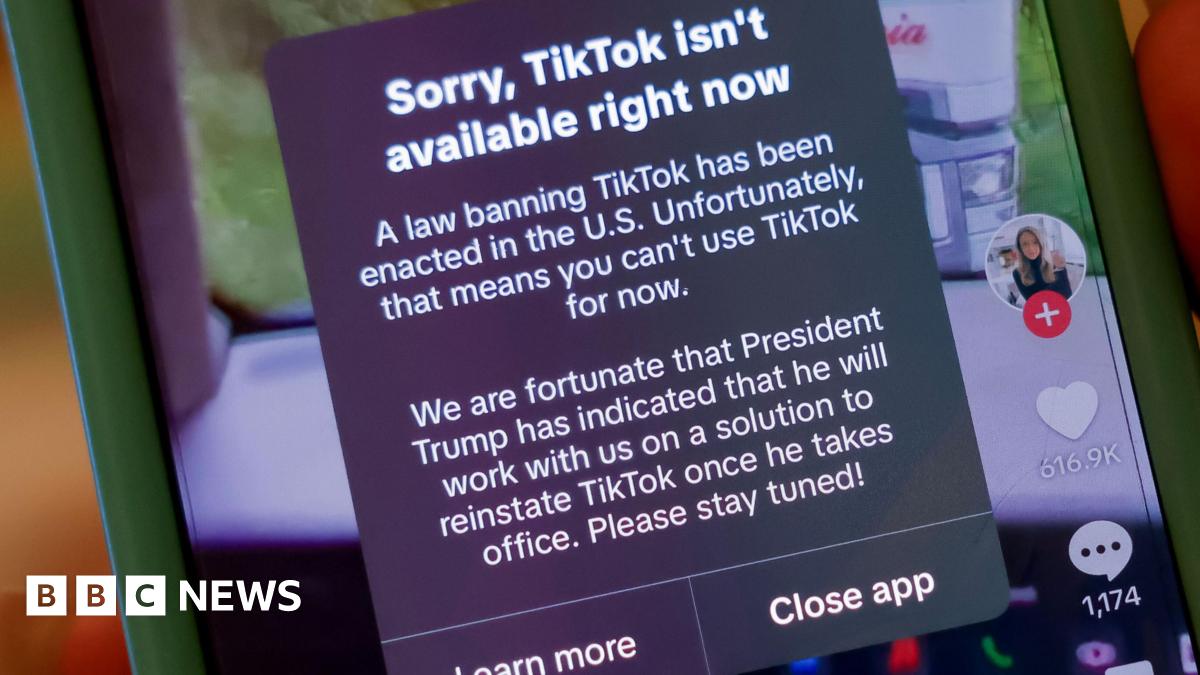BOSTON, MA – DECEMBER 07: Author Adam Grant speaks during the Massachusetts Conference for Women … [+]
So “weak language” isn’t as bad as we thought, but does that mean we should use it more? Adam Grant’s recent article about women strategically using weak language at work challenges the notion that tentative language is wrong or ineffective. Historically women have been criticized for hedging (might, just, sort of) and disclaimers (I’m no expert, but…), yet research shows they are also rewarded for it. For example, Grant cites a study that found women were more likely to get a raise when they used so-called weak language while negotiating. (Whether men use weak language or not made no difference.)
Grant argues that using this language is not a deficiency, but instead a valuable strategy to convey “interpersonal sensitivity.” Rather than glorifying assertiveness and bluntness, says Grant, let’s appreciate the strength in humility, empathy, and collaboration—all values conveyed through weak language.
No doubt we could use more of these qualities in the workplace, but take it from Grant and the scores of women who’ve taken to social media to share their own experiences that the feedback about weak language isn’t always positive.
If weak language is sometimes effective and sometimes a liability, then where does that leave us? Should you use weak language or not, and if so, when?
Only use weak language on purpose
Grant’s analysis underscores something I tell my clients during training: whatever you do in your writing, do it on purpose.
I teach professionals to recognize credibility killers in their writing, including hedges and disclaimers, and trim them out. I call them credibility killers because people often overuse this language without realizing it or can’t articulate why they’re using it. Too much weak language used without intention can impact your reputation.
I’m not anti-hedge or anti-disclaimer. Rather, I think these types of words and phrases should be used with care and purpose—never on accident. Like with anything, the more you use weak language, the less impact it has. It can also confuse your audience about the point you’re making or how strong your opinion is.
I encourage clients to have a neutral mindset toward hedging and disclaimers—they are neither good nor bad—and instead ask themselves, will this language help me reach my goals or hinder me?
Here are three considerations for when to use weak language.
Who is your audience and what do you want them to know, think, feel, or do?
There’s a difference between asking for a raise, telling your team about an urgent deadline, or delivering a tricky update to your client. Different occasions and different people require different wording.
To write effectively—in other words, to write something that achieves your desired outcome—you need to ask yourself some questions: What will motivate my audience to know, think, feel, or do what I need? What will resonate with them? Effective communication requires understanding your audience. If you don’t know them personally, you might need to do some research or else practice empathy—try to imagine how they’ll perceive your message.
Being clear on what you want from your audience and how you think they’ll relate to you and your message will help you find the right language to use.
How important is it that your audience read every word?
Weak language tends to add extra words to your prose. When documents reach a certain length, we know from eye-tracking studies that readers only reliably read about 20 to 28 percent of the words. That means they’re skipping about three quarters of your text. From the first glance, they’ll feel overwhelmed by the document and default to skimming and scanning instead of careful, linear reading.
As a writer, you can’t afford clutter. In their haste to get through your document, your audience is likely to miss your point—and fail to deliver what you need from them.
When you need your audience to read every word, make sure your writing is as clear and brief as possible. You will probably need to declutter your sentences. The easiest words to trim are often hedges and other weak language. Usually, your meaning won’t be affected at all.
What are your larger goals? (Or, what is your personal brand voice?)
There are other kinds of weak language, like excessive apologizing, that are always risky. If you apologize for every communication (“Sorry for the double email,” “So sorry, but shouldn’t that ‘their’ be ‘there’?”) you train people to expect you to do things wrong or cause problems, rather than offer solutions. You probably don’t need to apologize for sending a second email or correcting an error on a slide—you’re just doing your job! When you apologize too much, especially for things you don’t need to apologize for, it’ll also make it harder to apologize for real when you actually need to.
The point here is this: How do you see yourself and your role at work? How do you want other people to see you? One single interaction—a stray, accidental hedging word, or an extra “sorry” you didn’t need to say—isn’t going to hurt you. In fact, to Grant’s point, it might help others see you as empathetic and thoughtful. But too many of those things over time, as a default mode of communication, might brand you as tentative or prone to mistakes.
Take into account your audience and goals for each piece of writing and use your best judgment. Otherwise, don’t sweat it too much. Many professionals, especially women, have experienced polar opposite feedback—“you’re too direct” and “you’re not direct enough.” You’re never going to please everyone. Sometimes the best you can do is write in a way that you can stand behind and that you think has a good chance of getting the job done.
Credit: Source link











